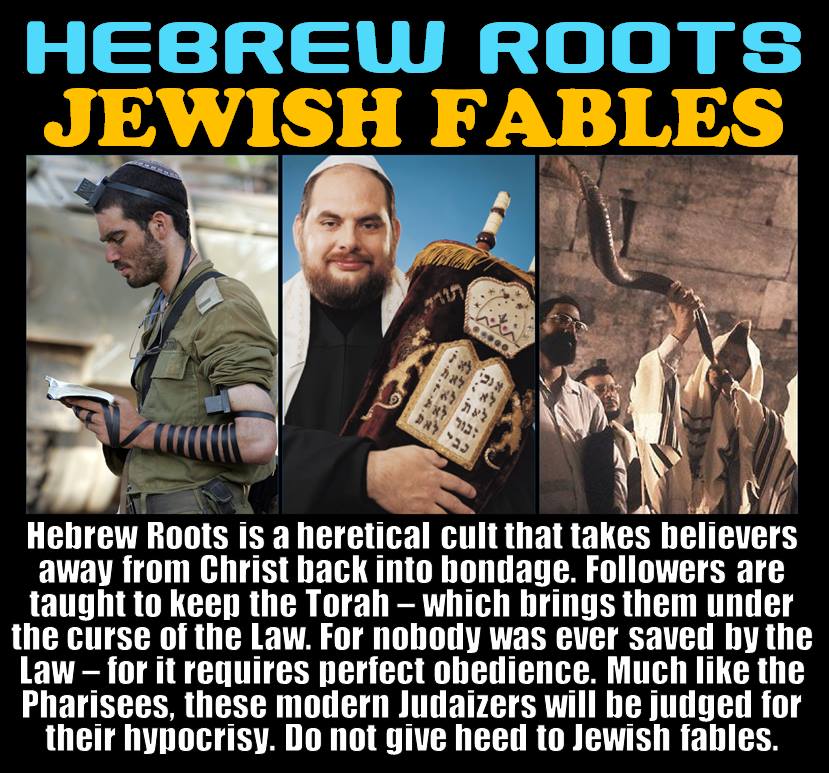Gallery
Photos from events, contest for the best costume, videos from master classes.
 |  |
 |  |
 |  |
 |  |
 |  |
 |  |
To the surprise of many, Valentine's Day isn't an innocent secular holiday; infact the true origins of Valentine's day has it's roots in the occult. Namely in the pagan worship of Baal, the sungod. The religion of Babylon (Baal worship) is the mother of most false religions and its influence is still felt world wide, including in today's churches. As we look back through history, we find that the modern Valentine’s Day has roots that extend deep into the soil of ancient Rome, particularly through a festival known as Lupercalia. This festival, with its wild rites of fertility, animal sacrifice, and street-running rituals, stands in stark contrast to the holiness we are called to pursue Valentine’s Day is a peculiar Christian holiday not mentioned in the New Testament—unsurprisingly, as it was instituted in honor of a third-century c.e. “saint” named Valentine. Or was it? On St. Valentine's Day, 1349, a Shabbat, the entire Jewish community of Strasbourg, in France, was massacred, burned alive in the town square while townspeople watched. Afterwards, townspeople searched the corpses, looking for valuables, and the property of Strasbourg’s Jews was distributed to local Gentiles. In 469, Pope Gelasius declared February 14th a holy day in honor of Valentinus, instead of the pagan god Lupercus. He also adapted some of the pagan celebrations of love to reflect Christian beliefs. The World Book Encyclopedia tells us regarding Valentine’s Day: “The customs connected with the day . . . probably come from an ancient Roman festival called Lupercalia which took place every February 15. The festival honored Juno, the Roman goddess of women and marriage, and Pan, the god of nature” (1973, vol. 20, p. 204). We can thank the ancient Romans, but the day’s traditions may be older than its namesake: St. Valentine. Let’s begin with Valentinus, as his contemporaries would have called him. He was a priest and Christian martyr executed on Feb. 14, 269 AD for preaching his faith when Christianity was prohibited throughout the empire. Some have suggested that Valentine’s Day is a Christian reconstruction of a pagan fertility festival known as Lupercalia. However, in his paper St. Valentine, Chaucer and Spring in February, 20th-century literary scholar Jack B. Oruch debunks this theory, showing that it was based on a mistaken understanding of Church chronology put forth by The origin of Valentine's Day and its symbols are rooted in the worship of false gods. The holiday has no basis in the Bible. Its celebration is unacceptable to God as it has symbolism and practices he does not endorse. After a couple of centuries (in 469, to be precise), Emperor Gelasius declared it a holy day in honor of Valentinus instead of the pagan god Lupercus. This allowed Christianity to take over some of the celebrations of love and fertility which had previously occurred in the context of paganism. Traditional churches are promoting rebellion and sin against God. Those in the Hebrew Roots Movement do not obey God's Old Testament Laws to be saved, for salvation comes by faith. We obey God's Laws because we are saved and desire to live a life pleasing to him (without sin). Just as the Apostles did in Acts 5:29, a true disciple must choose The Growing Dangers of the Hebrew Roots Movement. In recent years, an increasing number of Christians have adopted teachings associated with the Hebrew Roots Movement (HRM). Properly defining this movement is difficult because it has no central hierarchy or leader and no official statement of faith for members to endorse. Yes. They are all Nicolaitans – as are the Hebrew Roots teachers who want to interpret God’s word for us from the Hebrew and Greek. 7f(3). I don’t really know much about Jim Staley, so I will stay away from writing anything about this. Okay, so where did you get your “Hebrew Roots” doctrines? Hebrew Roots Christians do not obey God's laws to be saved, they obey God's laws because they are saved. They have a deep love and passion for God (1 John 5:3) which produces a deep desire to live their daily lives in a way that is pleasing to God - that is, in a way that attempts to live without sin (without offending God). Please note: Hebrew Roots has a new address effective March 1, 2023. Mail sent to the old address (PO Box 400) will be delayed as it is forwarded to the new address. Our new address is: PO Box 611050 Port Huron, MI 48061 What is Hebrew Roots? Introduction Video; What Do Hebrew Roots Christians Believe? What IS and IS NOT Hebrew Roots; Testimonies; Teachings. Should Christians Obey God’s Laws? The Torah (Law of God). Sin is Lawlessness. Still Doubt God’s Laws? Basic Teachings; The 7th Day Sabbath; What True Repentance Looks Like; Biblical Holy Days; Jesus (Y Eighth Day | Shemini Atzeret. The Hebrew word means "Eighth [day of] Assembly" and immediately follows the Feast of Sukkot. Hebrew Roots adherents view this day in a different light than those in the Jewish faith in which the day is “characterized as a day when the Jewish people "tarries" to spend an additional day with God at the end of Understanding Paul. It is a sin to add to or take away from God's Word by suggesting teachings that are not based upon Scripture. This includes the conflicting idea taught by traditional churches that God's laws in the Old Testament are not in effect or they have been done away with, and that we are not obligated to obey them. 6 but showing love to a thousand generations of those who love me and keep my commandments. 7 “You shall not misuse the name of the Lord your God, for the Lord will not hold anyone guiltless who misuses his name. 8 “Remember the Sabbath day by keeping it holy. 9 Six days you shall labor and do all your work, 10 but the seventh day is a
Articles and news, personal stories, interviews with experts.
Photos from events, contest for the best costume, videos from master classes.
 |  |
 |  |
 |  |
 |  |
 |  |
 |  |